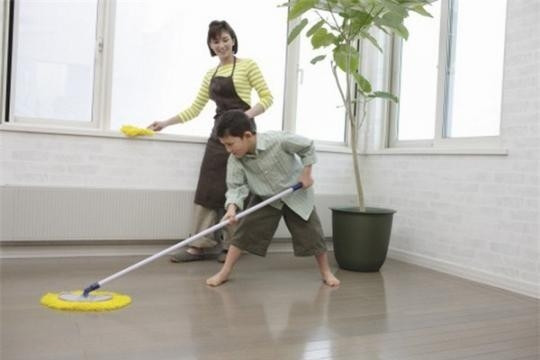After the age of 10, children begin to gradually form their personalities more clearly. Therefore, before the age of 10, parents should pay attention to these things when raising their children.
Honest
For young children, lying is a common way to avoid punishment. When you find out that your child is being dishonest, you need to be gentle and create opportunities for them to be honest.
Donna Laikind, a psychotherapist in New York and Connecticut, says the best way to teach children honesty is to be a good role model. She compares children to sponges, absorbing and mimicking the actions of adults. So you need to be honest with your children first, then teach them to be honest with you.
Sometimes, telling the truth can be a little difficult for both you and your child. From this, you need to emphasize to your child that being honest is not always easy. However, if you can become an honest person from an early age, your child will know how to achieve success in the future through his own efforts.

Teaching children how to save
When giving your child some money to spend, always remind them about saving. Review the amount of money saved each month with your child so they can see the power of saving. Explain to your child that saving money is a way to have fun things like going on picnics, traveling to favorite places. Not only saving money but also saving resources, fuel: water, electricity... Teaching life skills to children from a young age will help them be aware when they grow up, because no one is successful if they "spend too much".
Learn to do chores around the house
Children in the past, when they were young, could do a lot of chores around the house. Parents always reminded them that doing chores meant that they were really grown up and knew how to care for everyone in the family. Therefore, they could complete simple tasks such as washing dishes, clearing the table, cleaning the toilet, making the bed. These things will help children develop comprehensively, become more independent and know how to care for people around them.
Don't consider scores as everything
This is clearly the cause of much negative information on social networks when many parents only look at the scores and scold their children, even using violence. However, they are very short-sighted in that high scores do not mean that their children have a lot of knowledge. Create a comfortable mentality for your children about their scores, let them know that high scores are very good, and low scores are probably due to bad luck, the important thing here is that your children understand the lesson and supplement themselves with useful knowledge in the lesson.
By Family